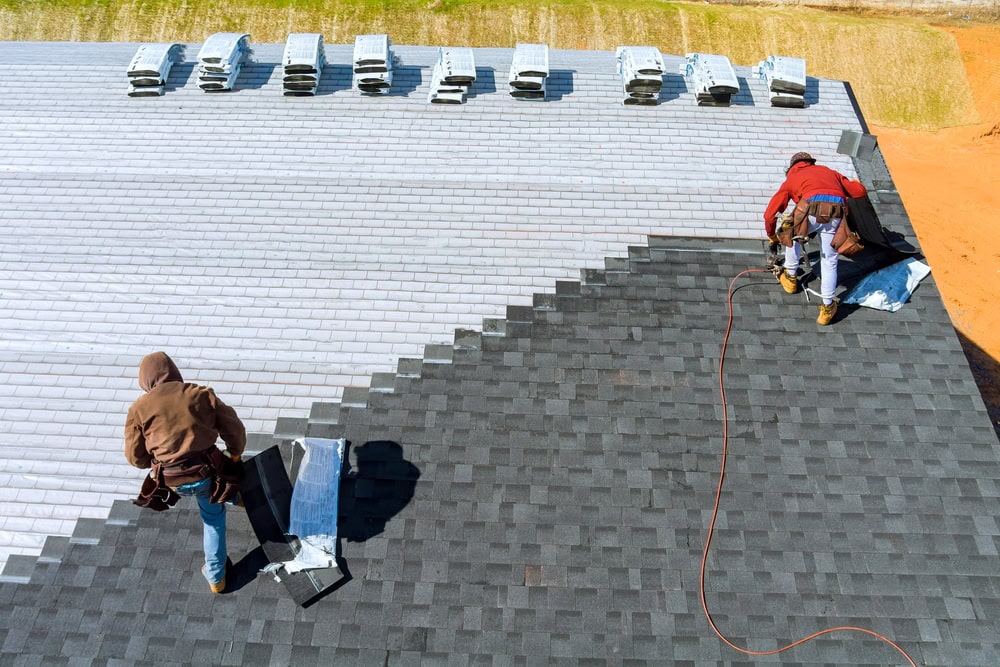Trade Pathways: How to Get Your C-39 Roofing License
Knowing your trade-specific pathway matter when you are serious about building a long-term roofing career in California, and the C‑39 license is the key that unlocks that path. From the perspective of a contractor prep school, the goal is not just to help you “pass a test,” but to help you step confidently into the … Read more










